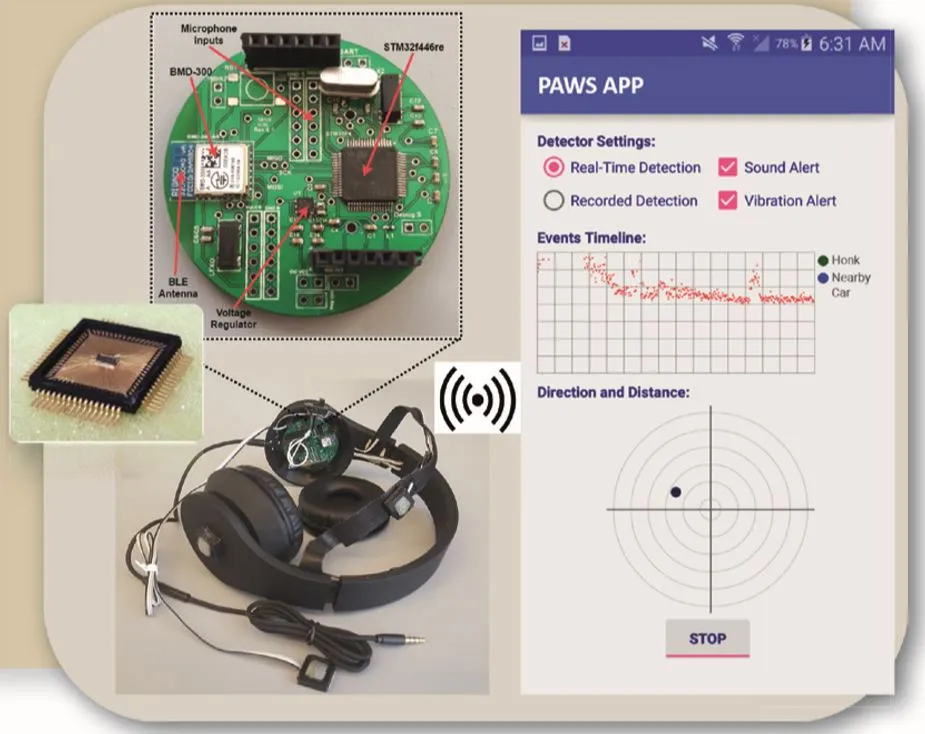The QVS, also known as an acoustic vehicle alerting system, simulates the sound characteristics of an internal combustion engine by emitting a blend of bbs-tek white sound frequencies that are used in vehicle reversing alarms.
According to Brigade, the solution changes pitch according to the speed of the vehicle and produces a sound that a VRU can identify as a vehicle.
The QVS can be retrofitted to most commercial vehicles and works from a 12 or 24 volt power source to avoid draining the power of a hybrid vehicle or EV, the company adds.
Brigade launches QVS sound system for hybrid and EVs
Electronic vehicles (EVs) are a technical marvel – but vulnerable road users (VRUs) can’t hear them, which creates obvious safety problems.
Brigade Electronics says help is at hand with its Quiet Vehicle Sounder (QVS), a speaker system which the company says reduces collisions between pedestrians and hybrid and EVs.
The QVS, also known as an acoustic vehicle alerting system, simulates the sound characteristics of an internal combustion engine by emitting a blend of bbs-tek white sound frequencies th
March 21, 2019
Read time: 1 min
Electronic vehicles (EVs) are a technical marvel – but vulnerable road users (VRUs) can’t hear them, which creates obvious safety problems.










